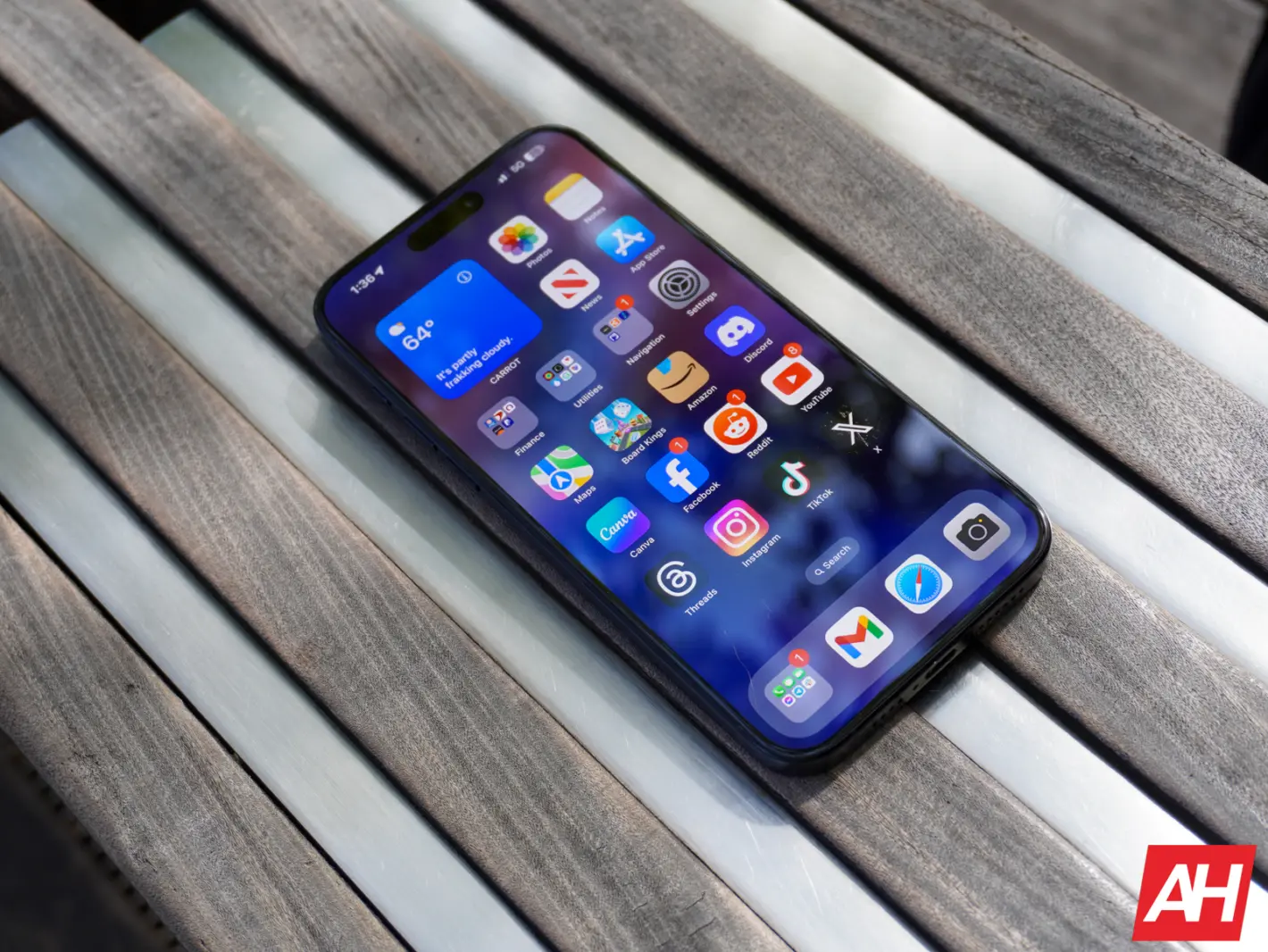Three credit unions have sued Apple for its alleged monopoly on mobile wallets on its devices. Despite Apple’s efforts to dismiss the case, a judge has ruled that the company must be held accountable for its business practices.
Every once in a while, we hear about unions, smaller companies, and customer’s rights advocates that file antitrust lawsuits against Big Tech over their monopoly in the market. For instance, Google was repeatedly brought to court for an alleged search and online advertising monopoly. As for Apple, the Cupertino-based company will go to court for Apple Pay policies.
Credit unions protest against Apple mobile wallet policies on iPhone and Apple Watches
By default, Apple doesn’t let mobile wallet apps on iPhones and Apple Watches access the NFC chip. NFC connectivity is necessary to perform contactless transactions. Thus, third-party apps cannot make contactless transactions, and the Apple Wallet app is the only app on iPhones and Apple Watches capable of doing so.
The only way for third-party apps to make contactless transactions on Apple devices is to sign up for Apple Pay and pay a fee to the company for each transaction. The European Union and Australia have investigated Apple’s mobile payment policies since 2019 for a potential antitrust violation.
In response, Apple argues that such claims are baseless as customers can use physical cards for contactless payments. The company further added other options, like QR codes, are also available to customers. Apple could be correct, but many customers prefer to use mobile wallet apps due to their convenience.
Additionally, mobile-based contactless transactions are much safer than using physical cards. For example, if your card is stolen, the thief can make a purchase without security measures like a PIN or signature. Apple Pay, in contrast, uses EMV Payment Tokenization to secure the payments. The iPhones also require Face ID or Touch ID authentication to access the Apple Pay app.
According to U.S. District Judge Jeffrey White, Apple has forced over 4,000 banks and credit unions to use Apple Pay. This act has resulted in at least $1 billion of excess fees. Also, it “harms consumers by minimizing the incentive to make Apple Pay safer and easier to use.”

